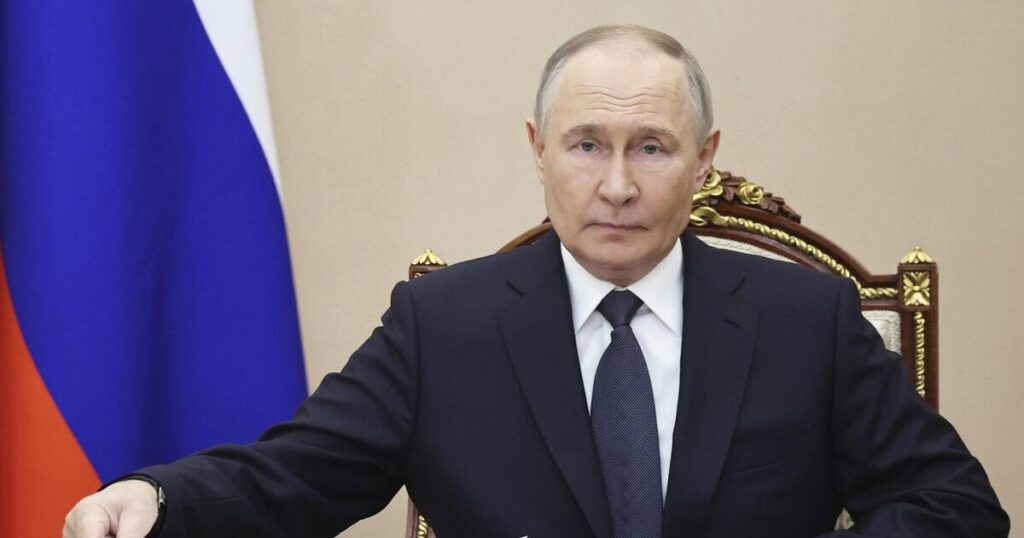The threat of Russia and Belarus intensifying hybrid tactics — including sending migrants over borders into the EU — is a “serious concern”, the EU border agency has said.
Frontex said these countries had already used migrants as a “geopolitical weapon” and warned Russia would continue to exploit this power to “exert pressure” on the EU.
“The situation on the EU’s eastern borders remains volatile due to Russia’s ongoing war of aggression on Ukraine,” the agency said.
“As the situation in Ukraine evolves and as the EU takes greater responsibility in supporting Ukraine, Russia may be incentivised to extend hybrid operations against member states to influence internal politics and foreign policy decisions.”
Frontex’s Annual Risk Analysis 2025/2026 said Israel’s war in Gaza, along with fragmented security in Lebanon and Syria “could drive” further displacement and increase migration pressure on Europe.
It said armed conflicts and worsening economic conditions in northern African and the Sahel were sources of migration, but added there was “particular concern” at Russia’s growing influence in the region, including a military base in Eastern Libya.
“This presence raises fears that migration flows across the Mediterranean could be instrumentalised to put further pressure on the EU,” it said.
The analysis said changes to US migration policy could increase pressure on European air borders by “directing migratory flows of Venezuelan, Colombian and Cuban nationals”, as well as non-Latin American migrants towards the EU.
The report highlights other related issues:
- As migration from conflict zones increases, the risk grows of criminals, terrorists, saboteurs and intelligence operatives “infiltrating” migration routes;
- Organised crime poses a “persistent threat” to the EU’s external borders, including gangs trafficking drugs and firearms;
- Document fraud is a “primary” enabler of irregular entry at EU airports and criminal gangs provide “sophisticated forged documents” and countries need advanced technologies
On this point, the report said: “Fraudulently obtained visas, imposters — individuals using another person’s migrants claim to be from conflict-affected regions to facilitate asylum claims, are persistent tactics.”
The report added: “A growing area of concern is the potential infiltration into irregular migrant flows of mercenaries or war veterans with advanced combat capabilities. These individuals pose an elevated security risk, particularly if integrated into organised crime networks.”
Frontex said hybrid threats originating from Russia’s proxies and Belarus would remain “a consistent and evolving” challenge.
“These threats may escalate in response to geopolitical shifts, including a potential ceasefire agreement or changes in EU-Ukraine relations,” it said.
“Threat tactics are expected to include direct provocations against EU border personnel, sabotage of border infrastructure, cyberattacks and disinformation campaigns aimed at undermining EU cohesion and public confidence.”


